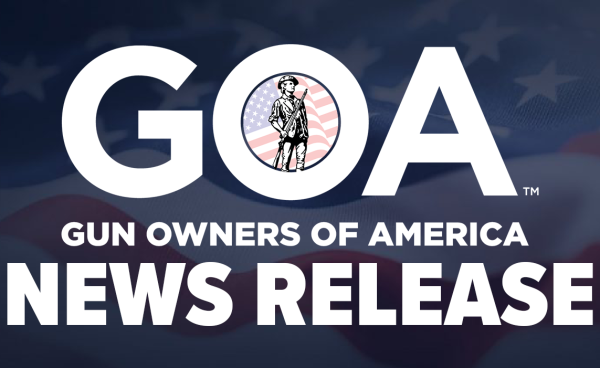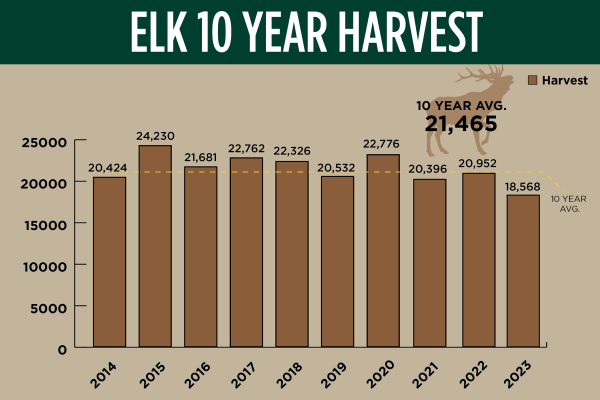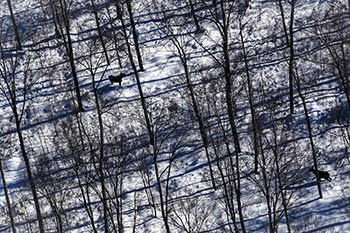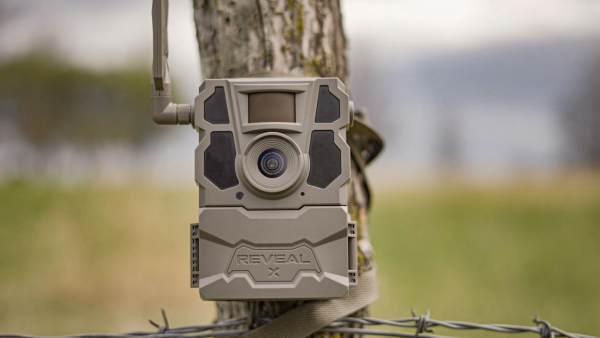Access for Hunters Getting Tougher
FERNANDINA BEACH, Fla. — When asked in a HunterSurvey.com poll if access to any of the places they tried to hunt in the past year had been restricted or placed off limits to them, nearly 23 percent of hunters said it had. When compared to the previous year’s results to the same question, hunters who lost land access grew by less than one percent, a statistically insignificant bump, but their numbers still reveal that nearly one in four sportsmen nationwide are potentially affected by losing access to available hunting land.
“Finding a place to hunt remains one of the biggest challenges to hunters and hunter recruitment” says Rob Southwick, president of Southwick Associates, which designs and
conducts the surveys at HunterSurvey.com. “As available lands for hunting diminish or change ownership, some hunters will inevitably grow frustrated and pursue other activities.”
Indeed, more than half (52 percent) of those respondents who admitted to losing access to a hunting location said their time spent hunting last year was reduced as a result—a seven percent increase over the previous year—while 11 percent said the lost land kept them from hunting altogether. Only seven percent of those respondents said they acquired access to another property where they were able to hunt more than planned.
Southwick pointed to the Voluntary Public Access and Habitat Incentive Program (VPA-HIP), which was part of the 2008 Farm Bill, as a key example of programs designed to improve access to hunting and fishing lands and waters. VPA-HIP was intended to provide three years of funding to augment state land access programs that provide incentives for private landowners to open their lands to hunting and fishing. The program ended prematurely, however, due to federal budget cuts. With slashes in government funding and private properties increasingly restricted, land access will continue to be an issue for many sportsmen






